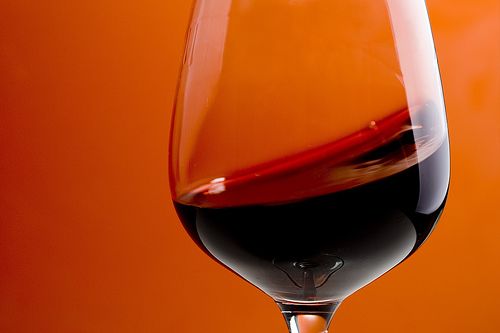FWP:
For background see S. R. Faruqi's choices. For more on Ghalib's unpublished verses, see the discussion in {4,8x}.
For discussion, with examples, of the idiomatic subtleties of ;xamyaazah , see {12,2}. Its characteristic yawn or stretch is often taken as a sign that intoxication is abating and that more wine is desired. Here, as Gyan Chand observes, it's the beloved who drinks the wine and has the pleasures of intoxication-- while the lover is left to feel the yawn or satiation or renewed desire (or a hangover?). So the seeming symmetry ('you have X, I have Y') really isn't symmetrical at all.
On the other hand, this unsymmetrical relationship does seem to associate the beloved and the lover in a remarkably intimate way: she drinks and he feels the aftermath of drinking, almost as if they shared a digestive system. And it certainly helps to explain both the sources of their irritability or disaffection (she's intoxicated, he's hung over), and the reason why they're not inclined to complain to or about each other (they're both absorbed in their own physical condition, and they're probably offended by each other's behavior anyway).
Of course, it's also possible that they're vexed with each other for some quite different reason, and are simply taking refuge in drink as a sort of reaction, or an expression of pique. For more on the complexities of rashk , see {53,4}.
Compare this verse with its published cousin,
{42,5}; and with its unpublished cousin, {42,7x}.

Asi:
Ill-temperedness does not recite complaints of mutual envy/jealousy. Your companion is the glass of wine, and my friend is the ;xamyaazah -- that is, the yawning while waiting for wine. Thus it's all right, both have become equal-- neither do you have leisure, nor do I have leisure.
== Asi, p. 68